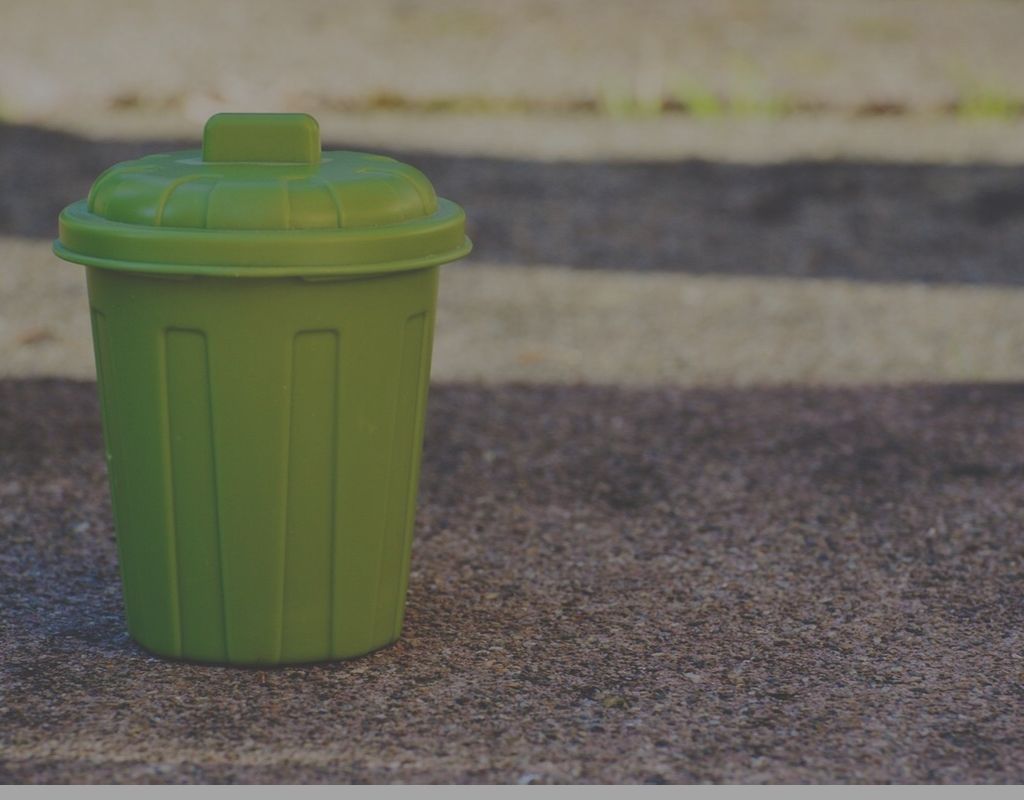Did you throw your garbage this morning?
Your neighbors can influence your waste management behavior.
Introduction
Honk! Honk! Honk!
The garbage truck arrives for collection early this morning.
You bring out the trash from two days before.

But why?
Why do you only bring it out now?
Why do you put it in that street corner instead of leaving it in front of your house?
Humans are complex beings. Our behavior is influenced by a number of factors.
Psychological, economic, social, spiritual, psychosocial, socio-economic.
Depending on the expertise you ask, there will be various adjectives used to describe the array of factors that drive human action.
These are just some groupings of the various elements that influence your waste management behavior!
More articles on Comprehensive Land Use Plans in the Philippines
How are social relationships defined?
Your social relationships are the people who mean something to you.
Social relationships: connections that exist between people who have recurring interactions that are perceived to have personal meaning.
Encyclopedia of Behavioral Medicine
Social relationships typically include “family, friends, neighbors, coworkers, and other associates” who have significance to a person’s life or network.
How exactly does their relationship with you influence how you manage solid waste? Social norms.
The power of social norms
Sarah Clayton, Head of Citizen Behaviour Change at the Waste and Resources Action Programme UK, describes norms as “subconscious rules” that shape our behavior.
People can ignore norms but generally do not. We feel like we are expected to behave like the people around us.
Social norms, usually in the form of social pressure from friends and family, are drivers of waste management.
When norms are maximized, behavioral interventions in waste management are more significant.
Social norms can influence the intention of people to dispose waste in public open spaces.
Individuals most frequently compare their practices to those of their social relationships.
Authors of a 2010 study in the Netherlands found that placing a sign that read, “most people in this neighborhood do not litter around waste containers” reduced littering by 20%.
A 2019 paper also concluded that social norms are better predictors of how young Filipinos control fast food waste than attitudes.
Social norms can also drive negative behavior.
A few garbage bags on a street corner is a magnet for more trash.
You may start to think, “if they can do it, why can’t I?”
Knowledge of the average waste management practices may also cause top performers to lower their bar and conform to feel “fairness.”
Related Articles:
How policymakers can leverage social norms
Interested in solid waste management planning?
Governments can maximize the influence of our social relationships towards better waste management practices.
Richard Thaler and Cass Sunstein propose that altering choice architecture – the conditions influencing people’s behaviors – can significantly impact social norms.
Behaviors made more convenient and more visible may strengthen social norms.
Choice architecture – the conditions influencing people’s behaviors.
Thaler and Sunstein
The door-to-door collection of transparent trash bags, for example, can activate social norms in the community.
Door-to-door collection already makes household waste management more convenient.
Further, transparent trash bags can make the practice of segregation at source more visible.
As a result, people in the community are likely to have an average practice of segregation.
The convenience and visibility of using transparent trash bags can cause this pattern.
Conclusion
Waste management is a community activity.
Our waste management habits are influenced by family, friends, and communities.
Aligning to people’s expectations can be a burden.
However, these social relationships can also persuade better waste management practices.
Who affects your waste management behavior?
Interested in solid waste management planning?
Read next!
- Comprehensive Land Use Plans (CLUP): Frequently Asked Questions (UPDATED February 2023!)Answer your Frequently Asked Questions about Comprehensive Land Use Plans in the Philippines.
- How much do contracts for CLUP and CDP cost?Here are approved budget of contracts previously posted on PhilGEPS for consulting services on CLUP, CDP, LCCAP, and CDRA.
- Filipino Urban Planning: The City of Manila (2022 Update!)Here are 5 things you should know about the City of Manila’s urban planning!

